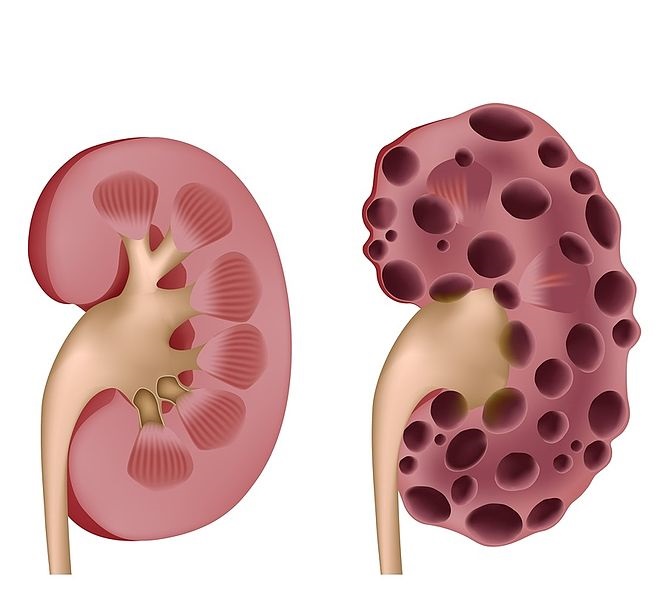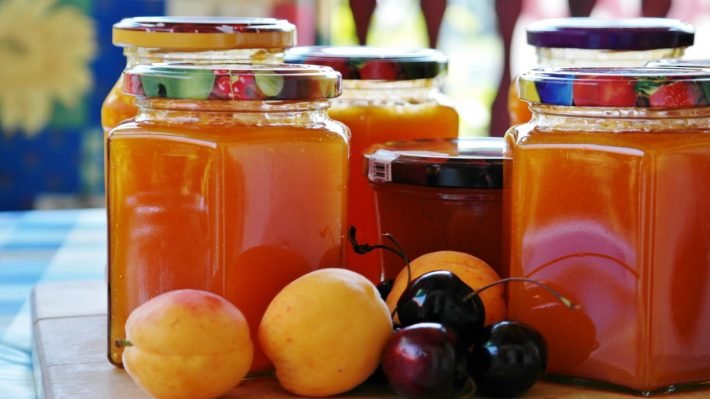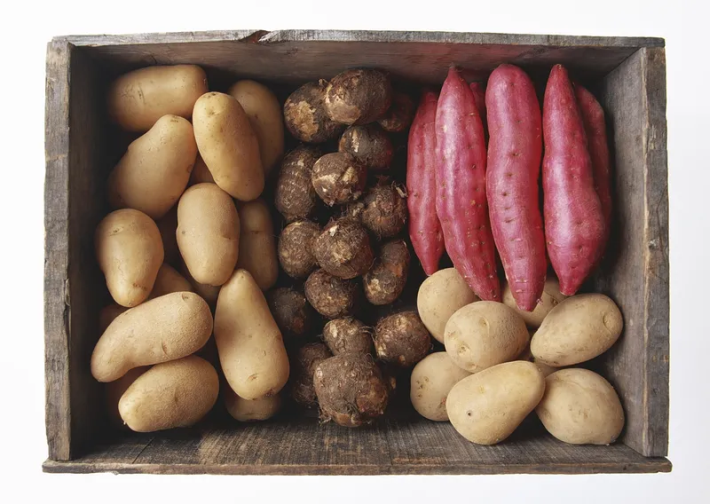Program Details
A kidney is one of the most imp organs without which a person cannot survive. It plays a major role in regulating the body’s electro lies in body waste. Failure which could lead to toxicity, derangement of electrolytes, and all the disorders following the diet to be followed by kidney patients is very critical and needs to keep in mind the resources and content of major components like proteins too and other micro components like Na, K, water intake, etc.
Your body absorbs essential nutrients for producing fuel every time you eat and drink. What is not needed is passed to your kidneys through blood. All excess nutrients are filtered out by the kidneys which make urine. Some of the nutrients can build up and damage your kidneys if you suffer from kidney disease. A carefully curated renal diet can protect your kidneys from damage.
Food Plan You Should Follow If You Have Kidney Ailments

It’s important for those with kidney ailments to control the intake of the three important nutrients—sodium, potassium, and phosphorus. The registered dietitian or the healthcare provider at your dialysis center shall be able to advise you on your individual diet needs. We share some useful tips with you.
Things to Know About Sodium and Salt When Following a Renal Diet
Common salt contains the mineral sodium which is used widely to prepare food for adding taste. It makes salt the seasoning used most commonly. If you are to control your kidney disease, you’ll have to reduce your salt consumption. We realize that it’s easier said than done, but with time, you’ll have to get used to it. Do consider these suggestions-
- Avoid using salt when cooking
- Avoid adding salt to food while eating
- Learn to read food labels and stop buying foods containing more than 300mg sodium in each serving and also avoid those foods containing salt in the first four or five items that appear on the list of ingredients
- Avoid eating ham, sausage, lunch meats, bacon, chicken tenders, or nuggets. Also, avoid regular canned soups and opt only for soups with reduced sodium content with no potassium chloride. Take the soup only in moderate quantities
- When buying canned vegetables, look for the “no salt added” declaration on the label
- Stay away from flavored salts like garlic salt, seasoned salt, or onion salt. Avoid using kosher or sea salt as well
- For usual favorites like peanut butter or box mixes, try only the lower salt or no salt added options
- Avoid buying refrigerated or frozen meats packaged in solutions or those that are flavored or pre-seasoned
Things to Know About Potassium When Following a Renal Diet
Potassium in your food decides how your muscles work. If your kidneys fail to work properly, it causes potassium build-up in your blood. This can disrupt your heartbeats and even cause a heart attack. Milk and meats and many fruits and vegetables mainly contain potassium. While controlling the consumption of certain fruits and vegetables, you’ll have to altogether stop the consumption some. Here are potassium-rich foods to avoid-
- Cantaloupe and honeydew and other melons. Watermelons are however harmless
- Bananas
- Orange juice and whole oranges
- Avocado
- Prune juice
- Tomato juice, tomato soup, tomato sauce, and whole tomatoes
- All kinds of dried beans
- Winter squash and pumpkin
- Swiss chard, spinach, collards, cooked greens, and kale
- Brussels and broccoli sprouts
- Nut kinds of butter and whole nuts
Also, avoid
- Granola and bran cereals
- “Lite” salt or substitutes for salt
- Molasses
Canned Fruits

It’s okay to have canned fruits once in a while as they contain less potassium than fresh fruits. Before eating the fruit, do pour the juice out.
Potatoes and Sweet Potatoes

You can consume moderate quantities of both after some special handling. Soak their pieces in a large amount of water for many hours after you have peeled and cut them into small slices or cubes.
Pour out the soaking water when you are ready to cook them. Also, make it a point to add lots of water to the pan you’re cooking in. Before preparing the slices or cubes to eat, drain out the water.
Things to Know About Phosphorus When Following a Renal Diet
When your kidneys aren’t functioning properly, your blood can see phosphorus build-up as well. This causes calcium to be taken away from your bones and they collect in your blood vessels or skin. It can cause diseases in your bones and cause them to break as they turn weak due to calcium deficiency.
How to limit phosphorus in your diet
You should limit your milk consumption to just 1 cup a day as dairy foods are the main source of phosphorus. Limit your yogurt consumption to just a single container and cheese consumption to 1.5 ounces a day. Limit these vegetables to one cup a day as they contain phosphorus-
- Mushrooms
- Dried beans
- Greens
- Broccoli
- Brussels sprouts
Also, limit the intake of certain cereals to just one serving per week. These cereals are-
- Granola
- Wheat cereals
- Bran
- Oatmeal
We recommend white or Italian bread and low-salt crackers made of white flour as they contain less phosphorus than the bread of whole grains and regular crackers. Also, avoid beer and soft drinks.
